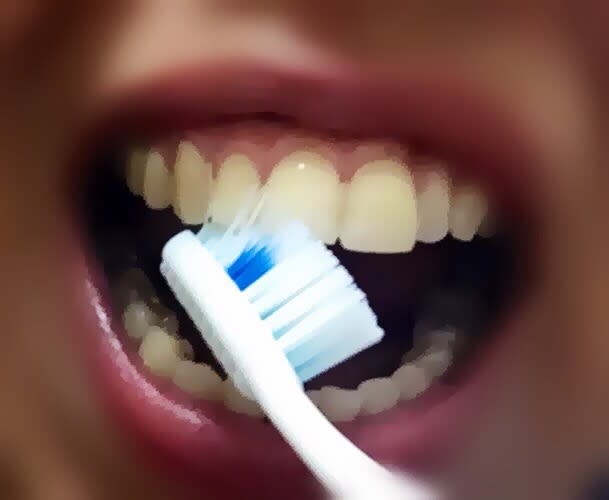
When you’re young, “biology can seem so distant,” says Andrew Steele, scientist and author of “Ageless: The New Science of Getting Older Without Getting Old.” “It’s quite easy to avoid all of that stuff….”
But when you are younger is exactly the time to start thinking about how to optimize your lifestyle to age well.
“There are huge strides being made in aging biology” that point to ways that we can potentially slow the aging process, says Steele, 35, whose research focuses on the ways that the body ages at a cellular level.
“We have loads and loads of different ways in the lab to slow down and reverse this process.”
Tweaks to your lifestyle can go a long way: A 2018 study from Harvard found that people who followed five habits — eating a healthy diet, exercising regularly, keeping a healthy body weight, not drinking excessive amounts of alcohol and not smoking — increased life expectancy by up to 10 years.
Here are three simple habits Steele says you can add to your routine today to push back on the aging process:
Take care of your teeth
It may sound surprising, but there is a connection between your oral health and aging.
“There’s quite good evidence accumulating now that brushing your teeth can stave off heart disease and maybe even dementia,” Steele says.
It all comes back to inflammation, which is a normal part of the body’s defense to injury or infection, according to the National Institutes of Health.
Poor oral hygiene can lead to an excess of bacteria in your mouth that causes tooth decay and gum disease. “Basically, that is chronic inflammation constantly buzzing around in your mouth,” Steele says.
Chronic low-level inflammation causes your immune system to become less effective at dealing with actual threats, such as age-related disease, Steele says.
In other words, chronic inflammation fuels aging, but “by brushing your teeth, you can potentially slow down that process,” Steele says.
Wondering if you’re brushing enough? A Scottish study found that people who brushed their teeth twice a day had a lower heart attack risk than those who only brushed once a day.
And the American Dental Association recommends brushing two times a day for two minutes using a toothpaste with fluoride, and flossing daily.
Stay active
From reducing inflammation to boosting the production of collagen cells, exercise benefits several aspects of your biology on a cellular level, which in turn affect how you age, Steele says.
Research has shown that people who have consistently high levels of activity have longer telomeres, which are caps at the end of chromosomes that shorten as you age. Adults with high physical activity levels (defined as 30 minutes of exercise five days a week) had telomeres that were nine years “younger” than those who are sedentary, a 2017 study found.
And cardio exercise appears to have a more robust effect on aging than resistance. A 2018 study found that high-intensity interval (aka HIIT) and endurance training lengthens telomeres better than resistance training.
Exercised muscles also have more mitochondria, which is often referred to as the “powerhouse” of the cell that generates most of its energy, Steele says. This is key to aging, because research shows that as you age, your mitochondrial quality and activity declines, which is leads to the development of a wide range of age-related diseases.
It doesn’t take much exercise to drive change: A 2013 study out of Harvard found that as little as 15 minutes of exercise every day increased life expectancy by three years.








